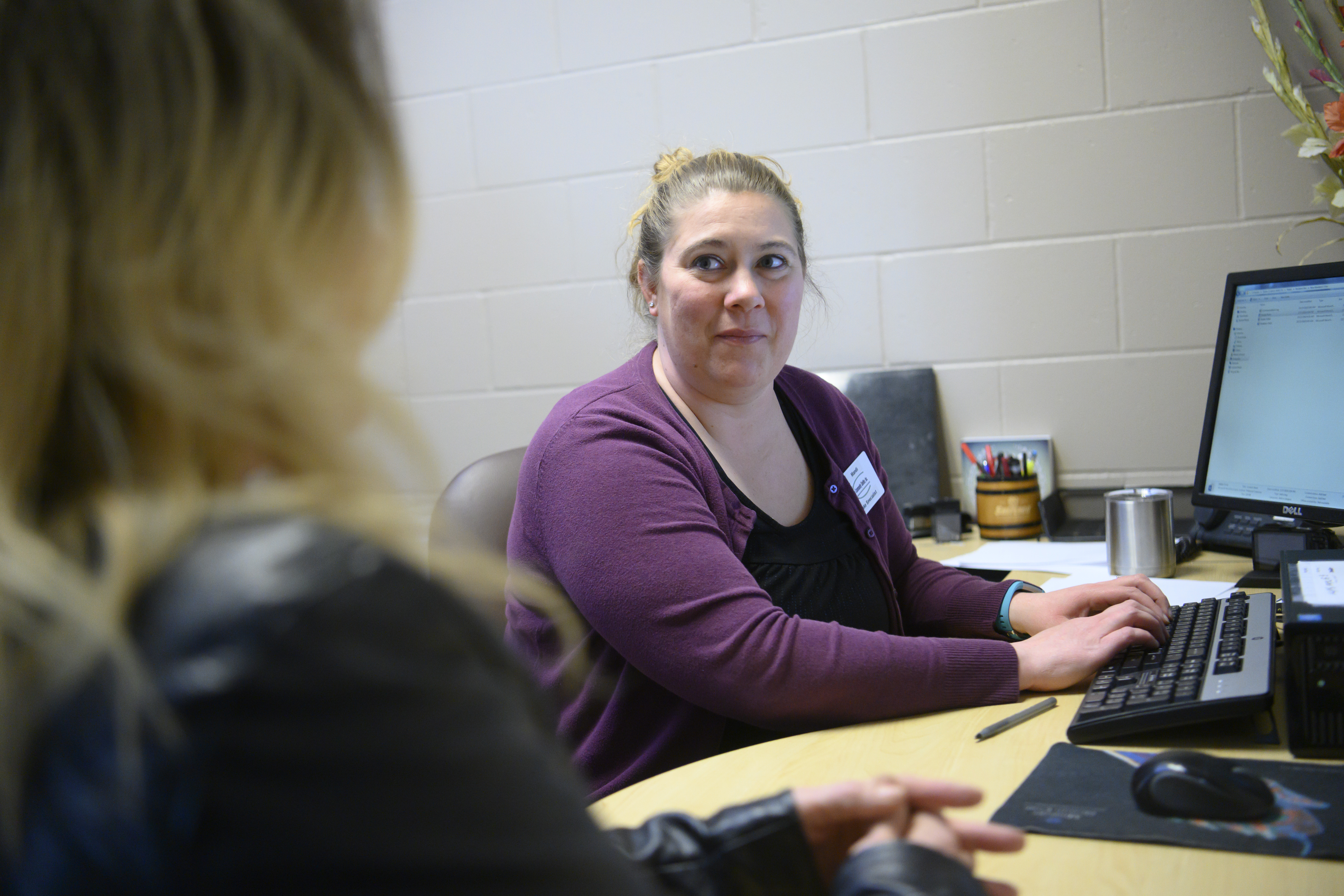-
Supportive Services
- Addiction Program
- Barrier Reduction Program
- Case Management
- Education Program
- Employment Training
- Group Sessions
- Life Skills Program
- Medical Assistance
- Mental Health Program
Preventative Case Management
Preventative Case Management is initiated when a community member approaches the shelter when they are at risk of becoming homeless. Full Case Management is offered to these individuals to resolve current crises. The main goal of this service is to help at-risk community members sustain permanent housing and prevent them from entering the Emergency Shelter Program.
Outreach Case Management
The Outreach Case Manager routinely does outreach to homeless individuals on the street. This includes going to places the homeless are known to frequent such as the meal programs, library, transit center, parks and under bridges. Any homeless individuals encountered are informed of the resources available and encouraged to seek shelter. The PATH Case Manager also does “in-reach” at local emergency shelters. This includes going on a consistent day and time to St. John the Evangelist Emergency Shelter and the New Community Shelter.
Emergency Shelter Program Case Management
Case Management is offered to all residents who stay in the Emergency Shelter Program. A resident typically meets with their Case Manager within 24 hours of their entering the shelter. The Case Manager and resident identify which needs are most critical, develop mutual goals, and implement a plan towards self sufficiency. These plans include referrals to internal and external resources. The Case Manager educates the resident on suitable resources. To make the referral process efficient, the Case Management staff maintains open communication and is continually building relationships with other supportive services in the area. Evaluating referrals and modifying plans are part of weekly meetings between Case Management and each resident.
Transitional Living Program Case Management
Case Management continues after the resident is accepted into the Transitional Living Program. A formal long-term plan including measurable and obtainable goals is developed with the resident and the Case Manager. A new budget is created that takes into account the monthly program fee the resident is now paying. The case plan and progress are reviewed biweekly. A primary goal of Transitional Living Program Case Management is to empower the participant to address any barriers to being a good tenant. These may include beginning to pay off debt that is a barrier to securing permanent housing (such as debt owed to past landlords, utility companies, etc.), maintaining long-term sobriety, creating community supports that can be utilized after leaving the program, etc.
Follow-Up Case Management
Follow-Up Case Management can be a preset agreement between Case Management and a resident upon obtaining housing or initiated by a past resident requesting such service for any reason. There is no time limit to access this service. The main goal for this service is to help past residents maintain permanent housing and continue to build skills for self-sufficiency.


